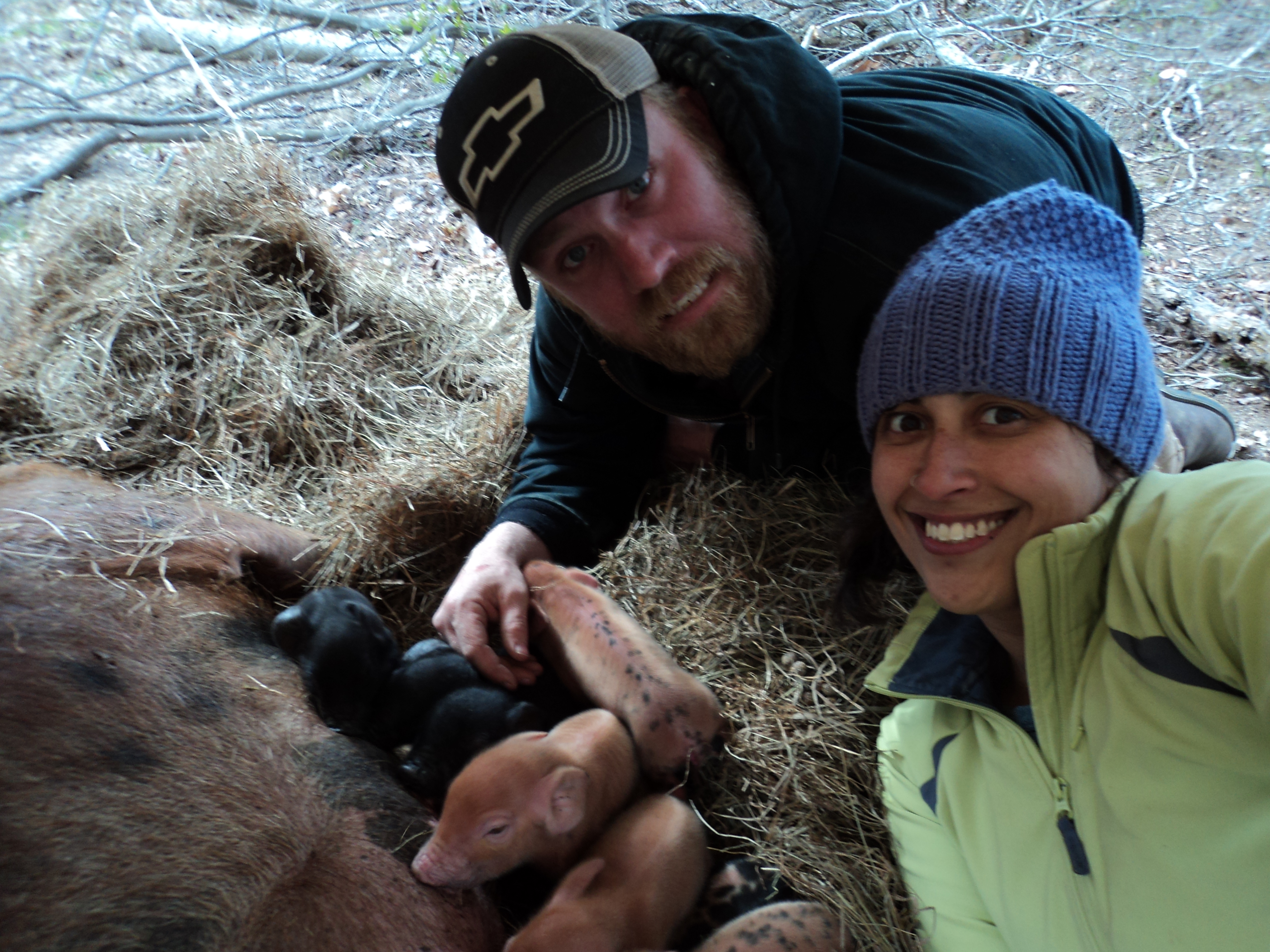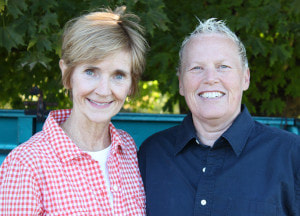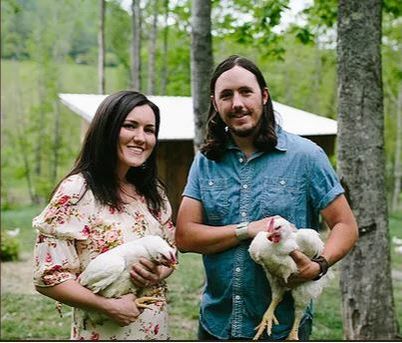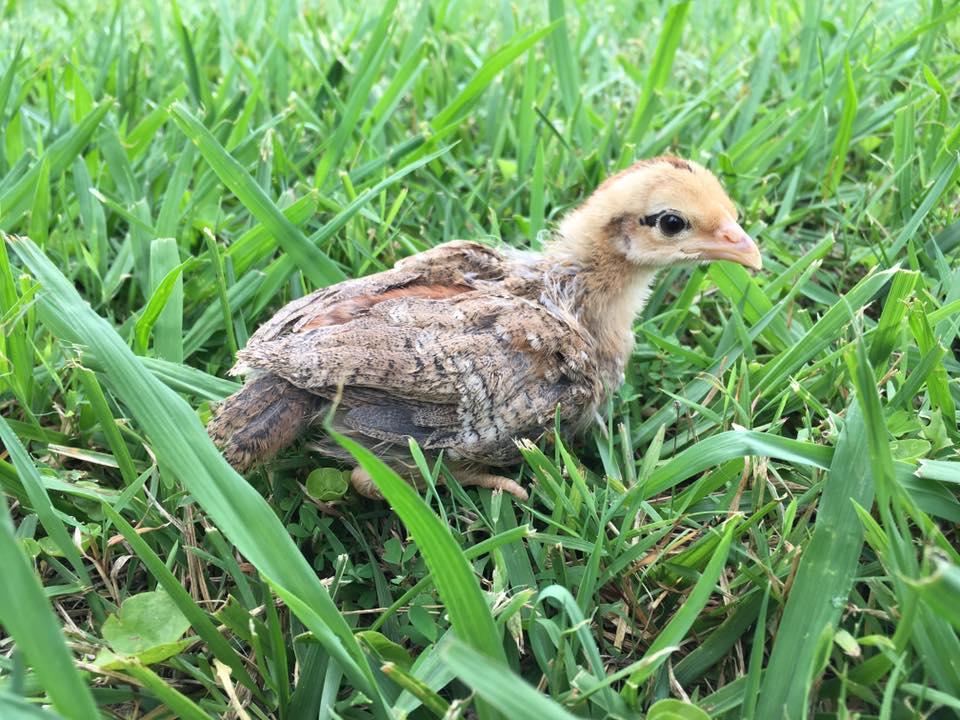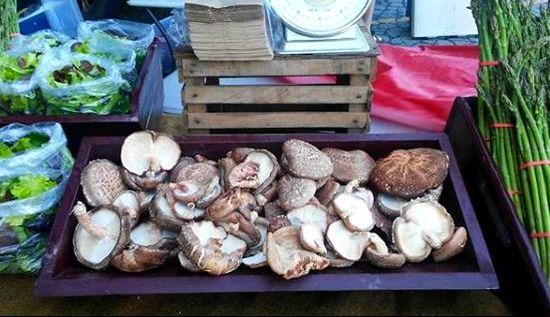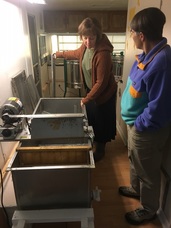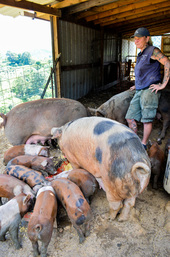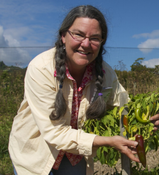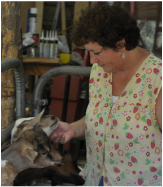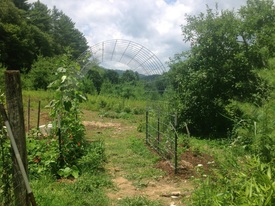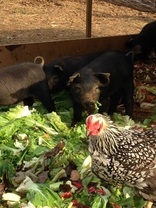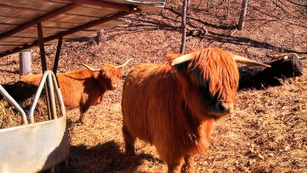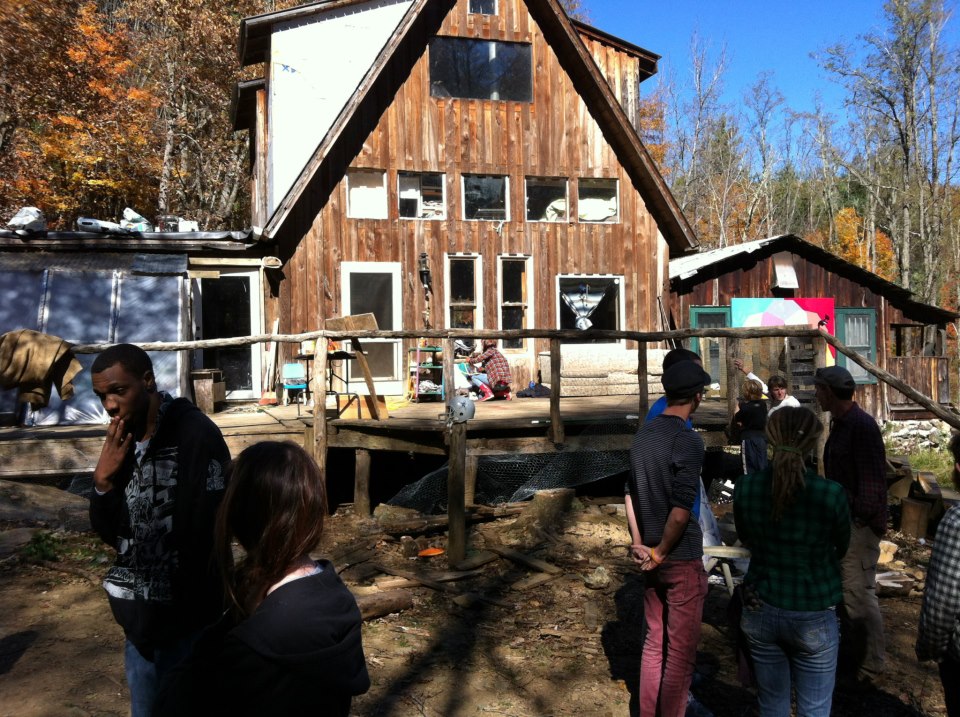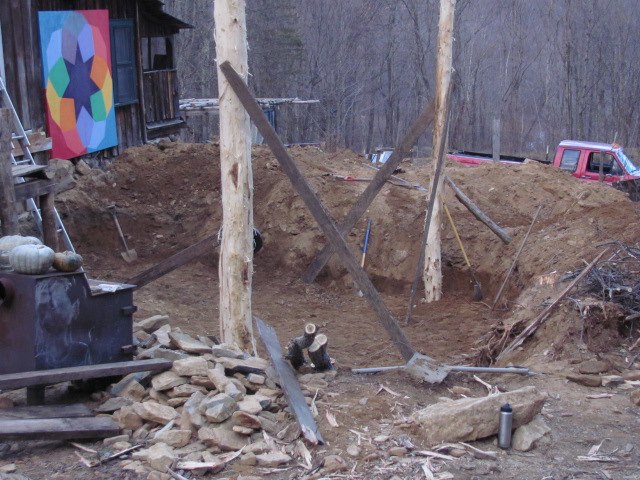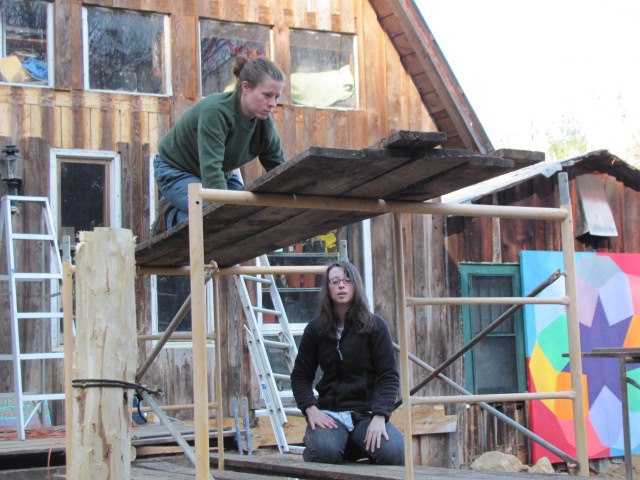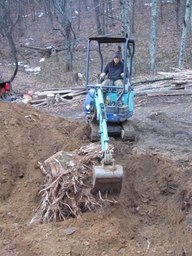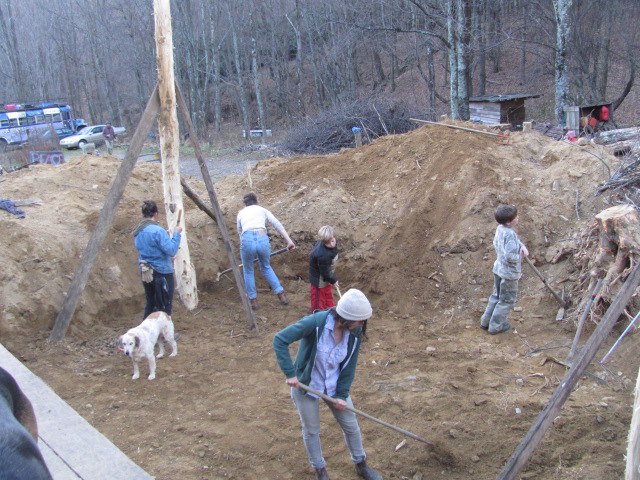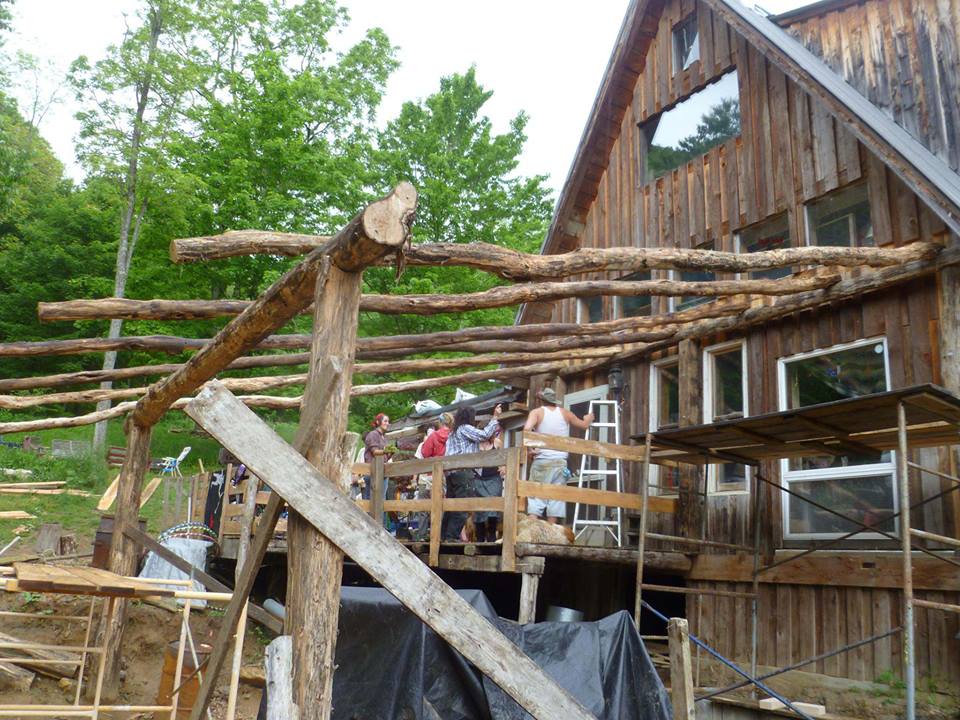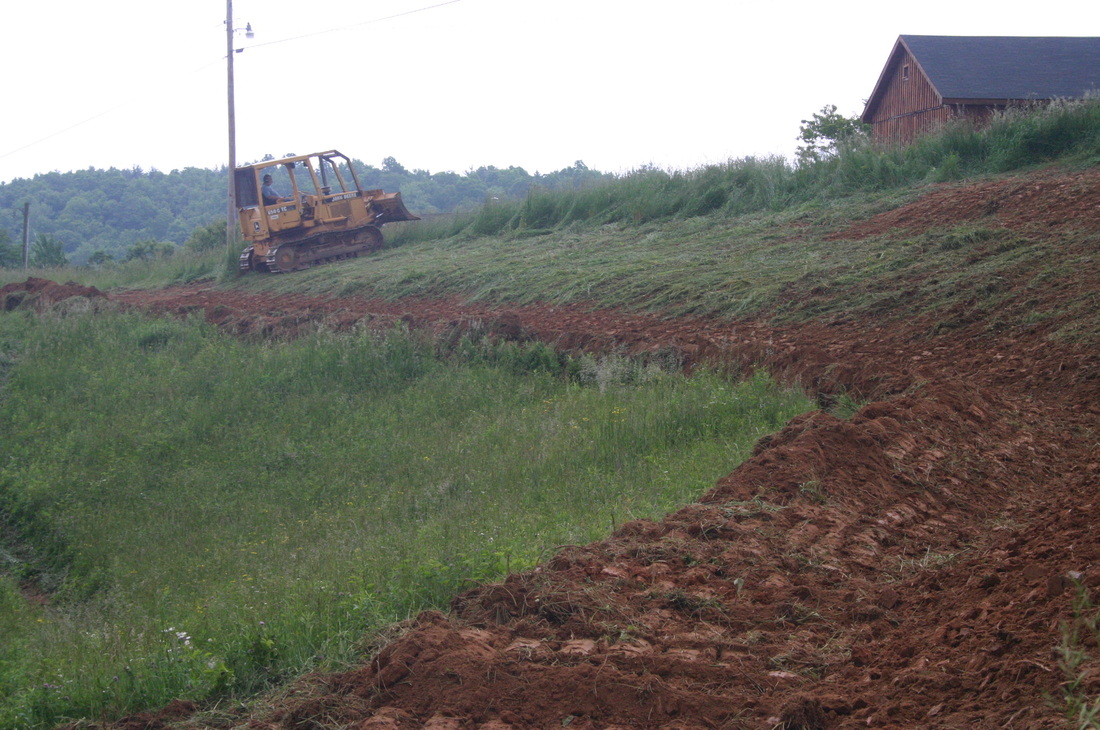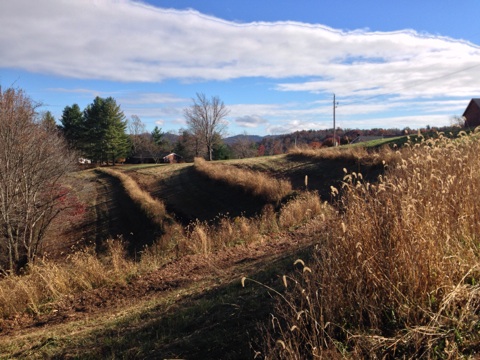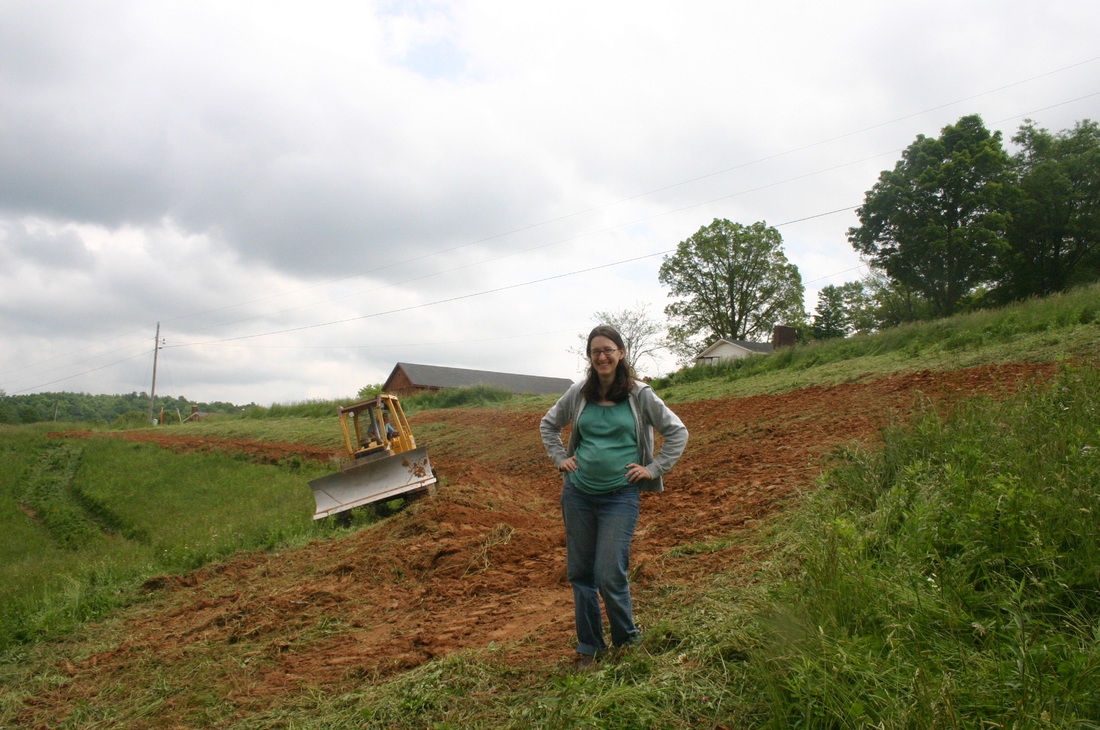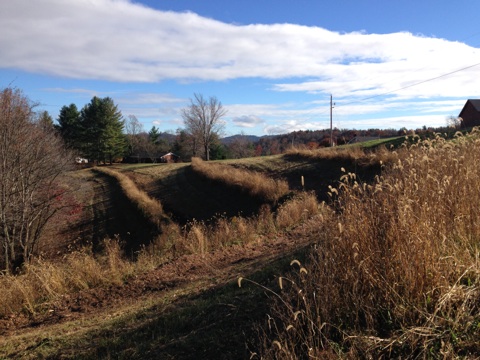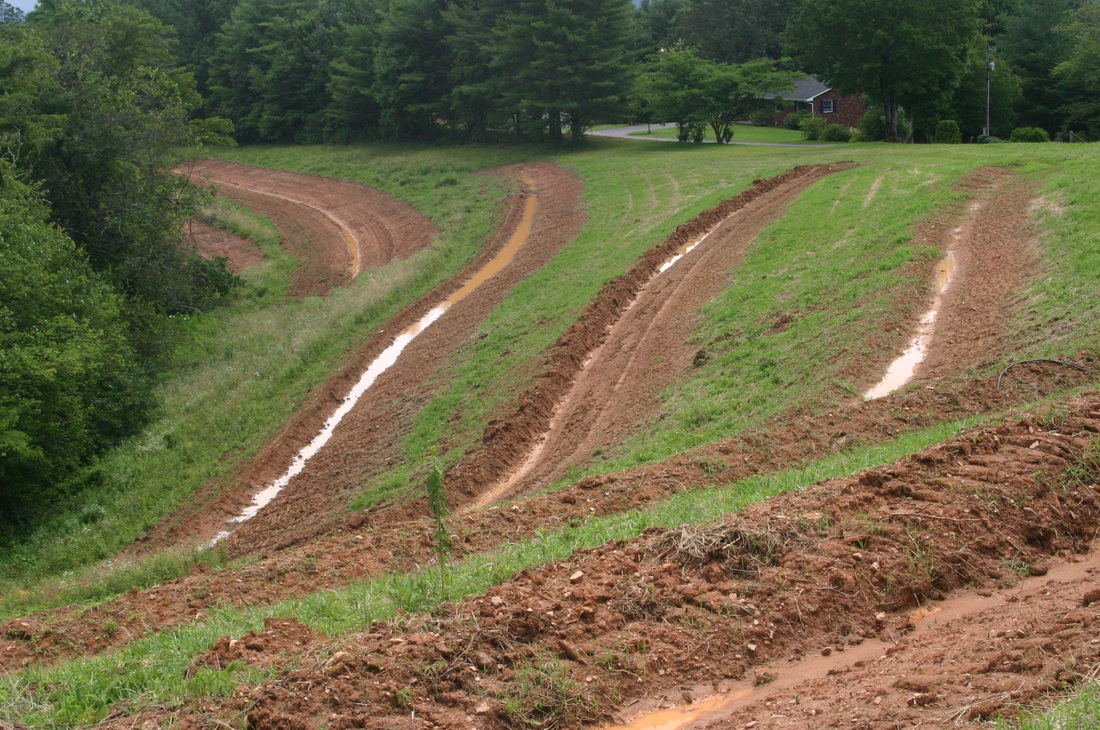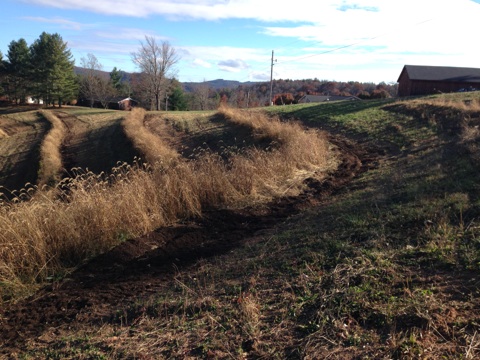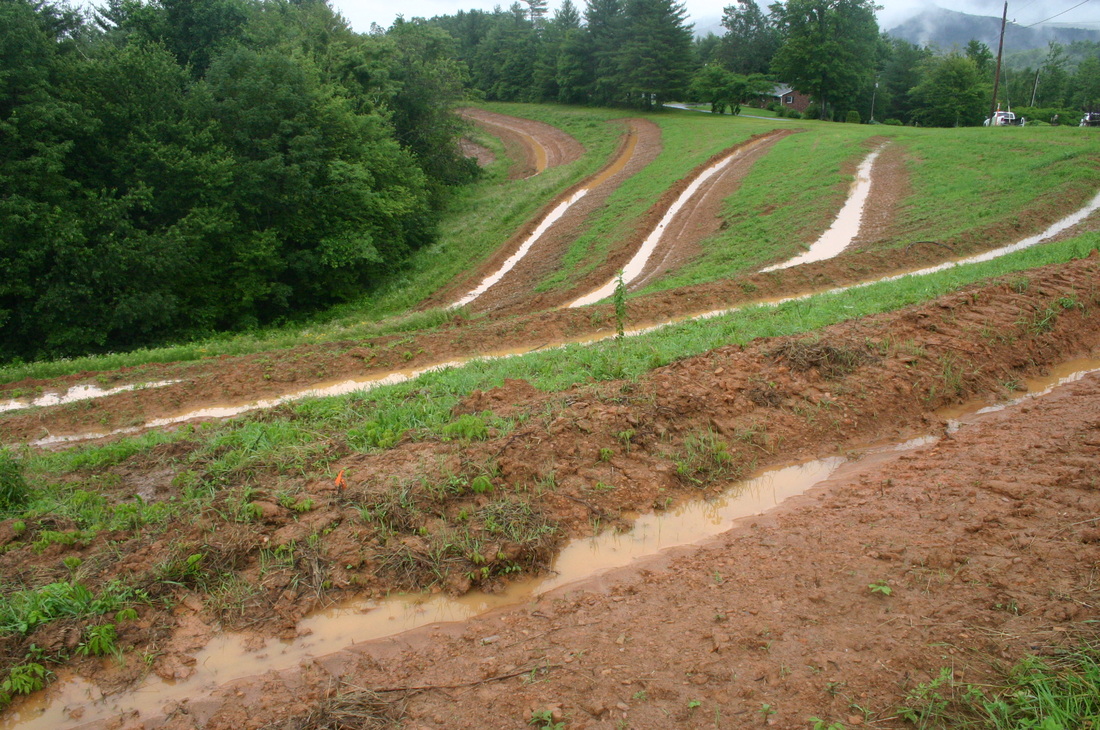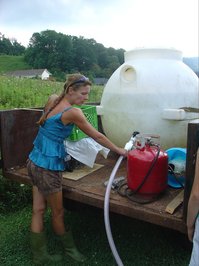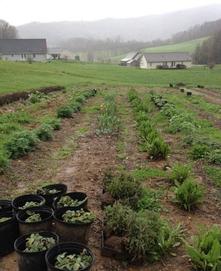Mary Boyer Sustainable Food and Agriculture Grants
The purpose of the Mary Boyer Sustainable Agriculture and Food Grants are to strengthen our local food system by supporting female farmers, ranchers, and processors who plan to create sustainable solutions to expand or increase farm production in the High Country.
The grant is open to female farmers, ranchers, and producers in our service area including the NC Counties of: Alleghany, Avery, Ashe, Caldwell, Watauga, Wilkes, Mitchell, and Yancey. The Mary Boyer Sustainable Food & Agriculture Grants & Scholarships is not currently an active program. For ideas about non-BRWIA grant and scholarship opportunities, please contact [email protected]. 2018 Grant Recipients
2017 Grant Recipients
2016 Grant Recipients
2015 Grant Recipients
2014 Grant Recipients
2013 Grant Recipients
2012 Grant RecipientsHolly Whitesides: Food Security through Grain and Seed Production
This project has enabled Holly to develop a market in seed and small grain production. Holly has presented her workshop "Seed Saving as a Farm Enterprise" for multiple audiences, and you can view the full presentation here. The following 2012 grants were made possible through our partnership with Heifer International and the Blue Ridge Seeds of Change.
Elizabeth West & Lisa Redman: Bioshelter Construction This grant supported the creation of a bioshelter on Woodland Harvest Mountain Farm in West Jefferson, NC. A bioshelter is a solar greenhouse managed as an indoor ecosystem. Different components of a bioshelter may include the external shell of glass & timbers, plants, animals, aquaculture, microlivestock and more. Bioshelters increase yield per acre, reduce pests, provide habitat and reduce energy consumption. According to the EPA, bioshelters can provide an 80% energy savings when compared with conventional greenhouses. This project relied on community support and participation as the construction was entirely a group-effort. Learn more about Woodland Harvest Mountain Farm here. Early construction photos below. See more pictures of the construction here. Kaci Nidiffer: Hatching Poultry on Farm
This grant enabled Trosly Farm in Avery County, NC to construct a brooding structure. The barn will serve as a "nursery" for all of the farm's livestock and will enable Kaci and Amos to hatch chicks on farm. See pictures of our visit to the farm here. Learn more about Kaci and Amos of Trosly Farm. 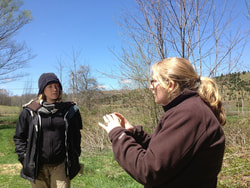 Kaci and Courtney Baines, April 2013 workshop. Kaci and Courtney Baines, April 2013 workshop.
Testimonial from Kaci: "I don’t even remember at this point when I started working with BRWIA but it’s all been a great experience... With the grant, we started our barn. It’s a big, huge project that still has lots of steps that have to get done but it was awesome to get that jump start with the grant; it put us ahead so much this year because in the wintertime there are so many projects to get done but not money to do them, so it was awesome to get something done when we had the time to work on it."
Amy Nelson: Multi Species Rotational Grazing and Invasive Weed Control
With this grant, the Nelson Family Farm has purchased fencing and livestock with which they have arranged an intensive grazing system. Through this project, the Farm will have the opportunity to educate consumers about grass-fed, locally raised products and farmers on alternatives to carcinogenic chemicals traditionally used to control this type of overgrowth. Kristen Travis: Passive Keyline Irrigation in Mixed Silvopastoral Orchard
Old Season Farm in West Jefferson, NC is on a mission to grow perennial food crops that have high market value and can be sustainably grown in our region with minimal inputs. To this end, they have planted fifty trees/year for the past three years. An issue they have faced as they build their orchard is water management. The weathered, well-drained soils on most hillsides in our region typically do not provide enough moisture or fertility for perennial crops to thrive, and they are especially vulnerable in the establishment stage. “Keyline design” is a system of whole-farm water management and soil improvement developed in Australia during the 1940s. The basic principle is to use carefully-placed passive landscape features (such as swales and ponds) to improve water retention and soil health. With this grant, Old Season Farm has dug swales and so far they have functioned as hoped, holding extra water from big rain events but not overflowing and damaging the berms. Old Season Farm will host an on-farm workshop in February 2014 to report on their project and share their progress. The first row of Swale Photos below were taken in January, the second row were taken on a recent November visit to Old Season Farm. 2011 Grant RecipientsHolly Roark: Used funding to explore the feasibility of top bar hive beekeeping.
Lee Carlton Swift: Water Conservation System using innovative irrigation and repurpose techniques. (photos below) |
Scholarships for Agricultural Conferences
In 2011 and 2012, we were able to partner with agricultural organizations and offer farmer scholarships to regional sustainable agriculture conferences.
2012
With the support of the Organic Growers School and AgraQuest, we were able to help Meredith Duke of Ripshin Goat Dairy attend the 2012 Organic Growers School Conference in Asheville.
2011
Ann Rose and Holly Whiteshides received free registration and lodging for Southern SAWG’s 2011 Practical Tools and Solutions for Sustaining Family Farms Conference in Chattanooga, TN. Diane Baker and Dorene Jankowski received scholarships to attend the 2011 Organic Growers School Conference in Asheville, NC.
2012
With the support of the Organic Growers School and AgraQuest, we were able to help Meredith Duke of Ripshin Goat Dairy attend the 2012 Organic Growers School Conference in Asheville.
2011
Ann Rose and Holly Whiteshides received free registration and lodging for Southern SAWG’s 2011 Practical Tools and Solutions for Sustaining Family Farms Conference in Chattanooga, TN. Diane Baker and Dorene Jankowski received scholarships to attend the 2011 Organic Growers School Conference in Asheville, NC.

